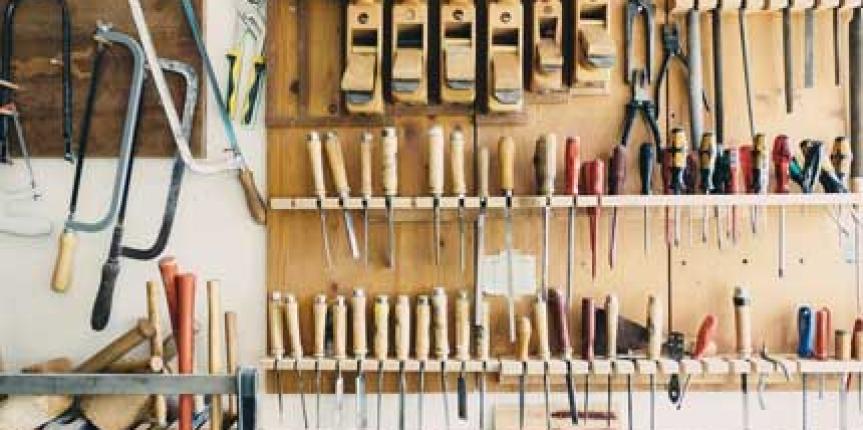
Heavy Equipment Safety Tips
Some common heavy equipment safety tips for the construction project are:
All construction projects have deadlines which push contractor and builders into making new hires and quick decisions to get things done on time. Money pressures can leverage people into finding ways to do things cheaply. One common mistake is hiring inexperienced or low paid helpers to get the job done. Most large projects have heavy equipment around such as forklifts, backhoes, loaders and dump trucks. Drivers of these type of vehicles need extensive training to be well-versed in safety practices.
One does not need to look hard to find examples of terrible accidents caused by poor decision making on the part of amateur equipment operators. A recent viral social media post displays a forklift driver who carries a load improperly tipping the forklift and crushing a fellow worker underneath.
Accidents happen on worksites, but when heavy equipment is misused, the results can be absolutely catastrophic. There are many hidden dangers when machinery is involved. Even seasoned veterans and experienced operators face potentially lethal possibilities such as mechanical failure, distractions or even physical issues such as a stroke or seizure. In these cases, the extent of damage is severe because of the sheer size and weight of the equipment. For instance, a Backhoe weighs over 6000 kg, heavier than a hippopotamus.
Most accidents occur due to negligence lack of training inexperience. One possible solution for a large company is to have in-house training where employees are required a certain number of hours to be proficient in their trade. Smaller companies are under more pressure to get the job done with a smaller crew. Often, on a tight deadline, a superintendent or supervisor may choose to do a job himself or choose another responsible employee to take on a new skill. Slow down the work pace to accommodate a new operator and allow extra space for maneuvering. Though it may seem perfect cost prohibitive in hiring a professional operator, in the long run, it may save a person’s life to outsource is a skilled driver. An operator that has experience on the specific machine necessary to complete the job understands the potential dangers much much better than someone new. When training new employees. Extreme care must be taken to ensure the new drivers are aware of all the dangers to property, other employees and themselves.
There are some specific ways to ensure safety even with all operators. It is vital that all agree on a good communication system. Make sure that workers understand hand signals such as stop, move forward, dump load or other necessary sign so there’s no confusion. Make sure all maintenance equipment is up-to-date. Work slowly and very carefully and deliberately and use a spotter when there is any question of danger to people or property. Understand what electrical and plumbing could be in an area before doing any digging. Use a spotter whenever possible.
Benefits of Hiring a Professional Operator
Hiring a Professional Operator for your project will make to get the work done quickly. There are many benefits of hiring a Professional Operator for handling the Heavy Equipment Safely. Some of them are:
1- Time
A professional operator has experience of using the equipment safely that’s why they get work done quickly without sacrificing quality.
2- Increase Productivity
A professional operator can reduce their cycle times by three to four seconds which helps in increasing productivity. A professional operator knows how to get the most out of it. The result is moving, digging, loading and hauling faster while improving accuracy.
3- Minimize Equipment downtime
A professional operator is familiar with the equipment. They perform daily visual inspections and are more careful in operating the equipment.
4- Reduce the risk of Accidents on site
A professional operator knows well how to use heavy equipment safely which results in decreasing the risk of accidents and injuries on site.
5- Decrease Fuel Costs
A professional operator can use 10-12% less fuel in a day than an unskilled or non-professional operator. It is because a professional operator knows when it is appropriate to run equipment on economy mode, full RPMs and idle.
“Safety and responsibility are the jobs of every person on a job site. Stay vigilant and keep your crew alive!”
